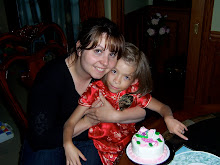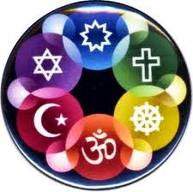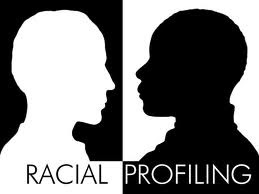
How to Become More Open-Minded
By Erica Starks, eHow Contributor
Become More Open-Minded
Open-mindedness is the ability to view a given situation in the clearest, most unbiased fashion possible. It is also a way of viewing the world and the people in it through a perspective unobstructed by judgment, preconceived notions and personal expectations. Being open-minded can aid you in avoiding conflict, but it is not a trait which comes naturally for everyone. Here you will find methods of expanding your tolerance levels, leading to a more opened mind and increased contentment with your life.
Instructions
1
Validate dissenting opinions and viewpoints other than your own by accepting that disagreement doesn't mean one party has to be wrong. Ridding yourself of the notion that everyone who feels differently about an issue than you is wrong will open your mind analytically and emotionally, even if your own viewpoint never changes.
2
Keep anger, accusations and belittlement out of heated discussions with others. The fastest way to close your mind and those of others is to disrespect them in an effort to win an argument. Think of how it feels when someone tries to tear you down, and use this recollection to avoid inflicting this feeling on anyone else.
3
Research and ask questions about the alternate viewpoint of where you stand on an issue. For example, if you are staunchly against gun ownership, speak to gun owners to gain insight into their particular thought processes. Although a handful of people can't speak for everyone, open-mindedness comes when you let go of the idea that others who feel differently than you are somehow misinformed or less intelligent.
4
Remain open to discussions and questions from those who don't agree with you on a given subject. It won't be easy to feel as if you have to defend your position on something, but this openness may reinforce your feelings on the subject and also help others understand where you are coming from.
5
Step out of your comfort zone in visceral ways. Sample foods you never thought you'd like, take a trip to a place you never considered interesting, and try a hobby or sport that never caught your interest before. Whether you love or hate the activity, your opinion will now be based on personal experience rather than closed-minded speculation.
How will you step out of your comfort zone to become more open-minded?





